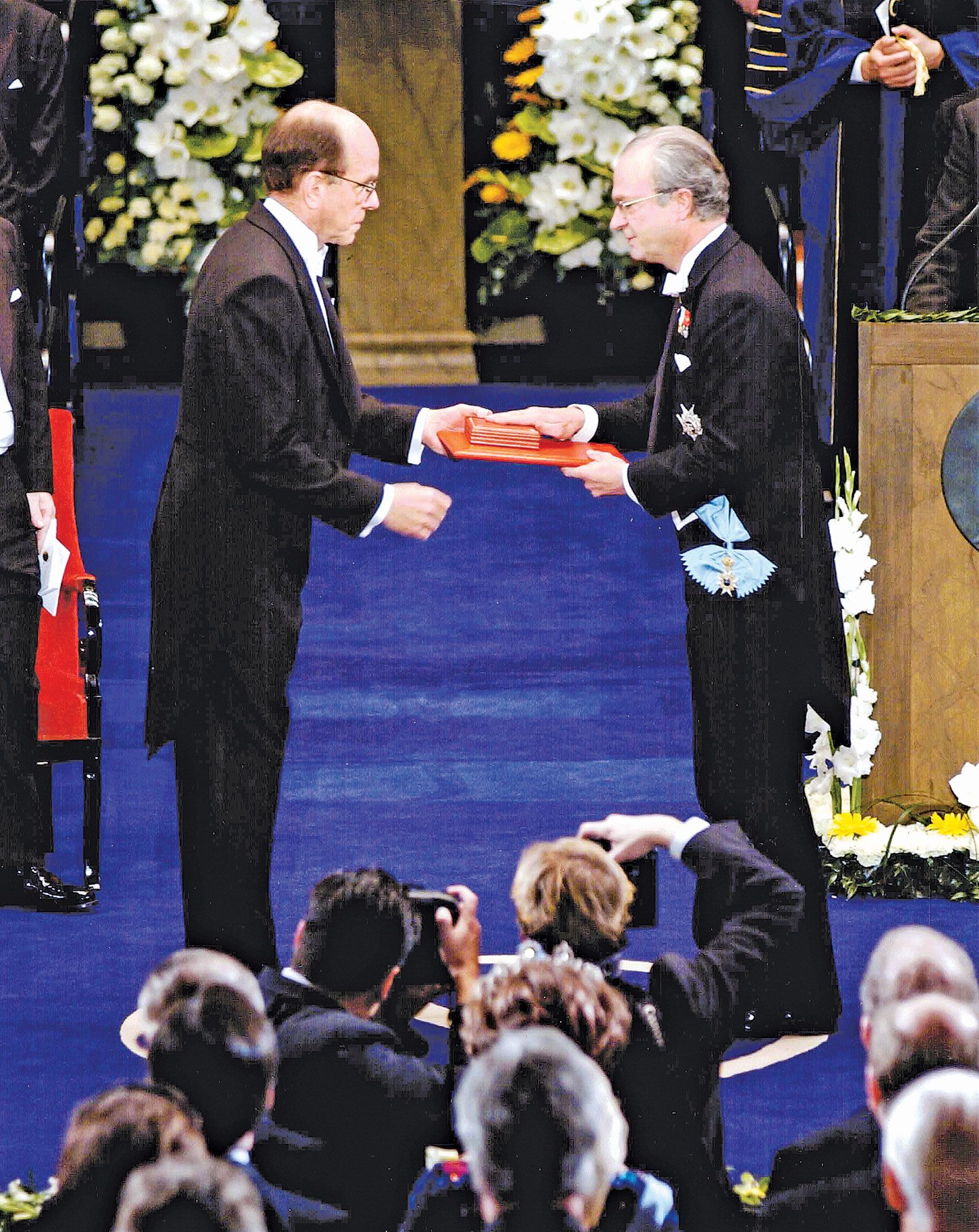

In fact, no general agreement had been reached among chemists as to the classification of elements for nearly half a century after the systems of classification of compounds had become established in general use. Relationships were discerned more readily among the compounds than among the elements it thus occurred that the classification of elements lagged many years behind that of compounds. This rapid expansion of chemical knowledge soon necessitated classification, for on the classification of chemical knowledge are based not only the systematized literature of chemistry but also the laboratory arts by which chemistry is passed on as a living science from one generation of chemists to another. The early years of the 19th century witnessed a rapid development in analytical chemistry-the art of distinguishing different chemical substances-and the consequent building up of a vast body of knowledge of the chemical and physical properties of both elements and compounds. SpaceNext50 Britannica presents SpaceNext50, From the race to the Moon to space stewardship, we explore a wide range of subjects that feed our curiosity about space!.Learn about the major environmental problems facing our planet and what can be done about them! Saving Earth Britannica Presents Earth’s To-Do List for the 21st Century.Britannica Beyond We’ve created a new place where questions are at the center of learning.

100 Women Britannica celebrates the centennial of the Nineteenth Amendment, highlighting suffragists and history-making politicians.
#PRIESTLEY PERIODIC TABLE EXPLORER HOW TO#

This Time in History In these videos, find out what happened this month (or any month!) in history.#WTFact Videos In #WTFact Britannica shares some of the most bizarre facts we can find.Demystified Videos In Demystified, Britannica has all the answers to your burning questions.Britannica Classics Check out these retro videos from Encyclopedia Britannica’s archives.The American Heritage® Dictionary of the English Language, Fifth Edition copyright ©2022 by HarperCollins Publishers. Although this is not the case, the name oxygen has persisted for the element. The French word oxygène was intended to mean "acid-producing," from the Greek word oxus, "sharp," used in the sense "acid," and the Greek suffix -genes, "born," misinterpreted as "producing." At the time oxygen was thought to be an essential component of an acid. (Oxygen had been discovered a few years before by Joseph Priestley in 1774, and he had called the gas dephlogisticated air.) The same publication also introduced the French words that were soon adopted into English as hydrogen and sodium chloride (common salt), among other terms commonly used in chemistry. The word oxygen is the Anglicized form of French oxygène, the name for the element proposed in a work entitled Méthode de nomenclature chimique (1787) by a collaborative of chemists including Antoine Laurent Lavoisier, Louis Bernard de Guyton de Morveau, Claude Louis Berthollet, and Antoine François de Fourcroy. Word History: One of the most important substances on earth is misnamed.


 0 kommentar(er)
0 kommentar(er)
